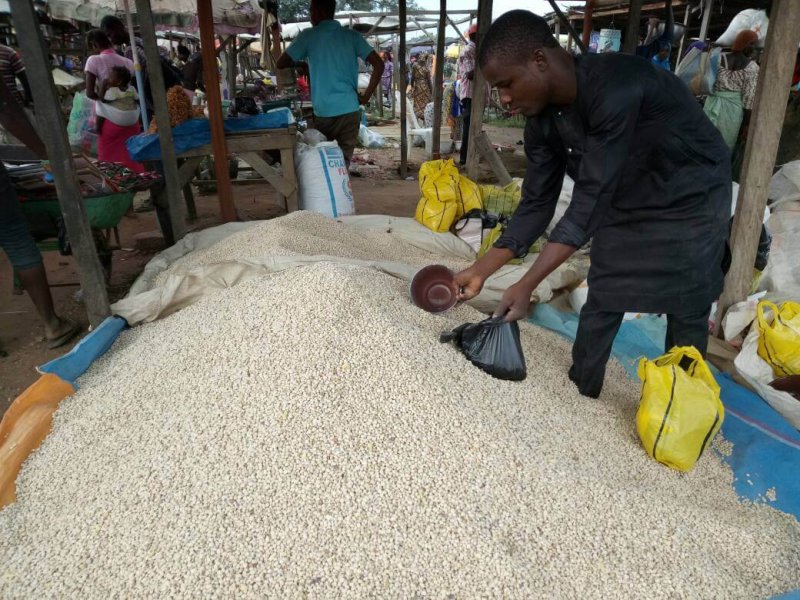Following fears and concerns by some civil society organisations and farmers over the safety of the newly commercialized Bt Cowpea (beans), scientists have reaffirmed that the pulse is safe for consumption.
The president of the National Biotechnology and Bio-safety Consortium (NBBC), Prof. Celestine Agboru, during a news conference in Abuja, debunked most of the claims by people kicking against the technology, insisting that “the crop does not contain any harmful element that is dangerous to human health.”
…
Pointing out that the product had placed Nigeria among [a] committee of nations which have deployed science and technology to address their challenges….The scientist maintained that it was not true that the beans could not be replanted or that the crop pollutes the soil and prevents other crops from being grown on the same piece of land.
He said that with the commercialization of GM beans, Nigeria could retain its position as the largest bean producer in the world, and the country would no longer spend its scarce resources purchasing 500,000 tons of beans annually from other countries, adding that there would be reduced used of chemicals by farmers.
…
Ogboru…. called on the [Nigerian government] to ignore the call by the non-scientific activists to ban the GM bean, as it is safe and poses no harm to humans or animals….
Read full, original article: Genetically modified beans safe for consumption, scientists insist































